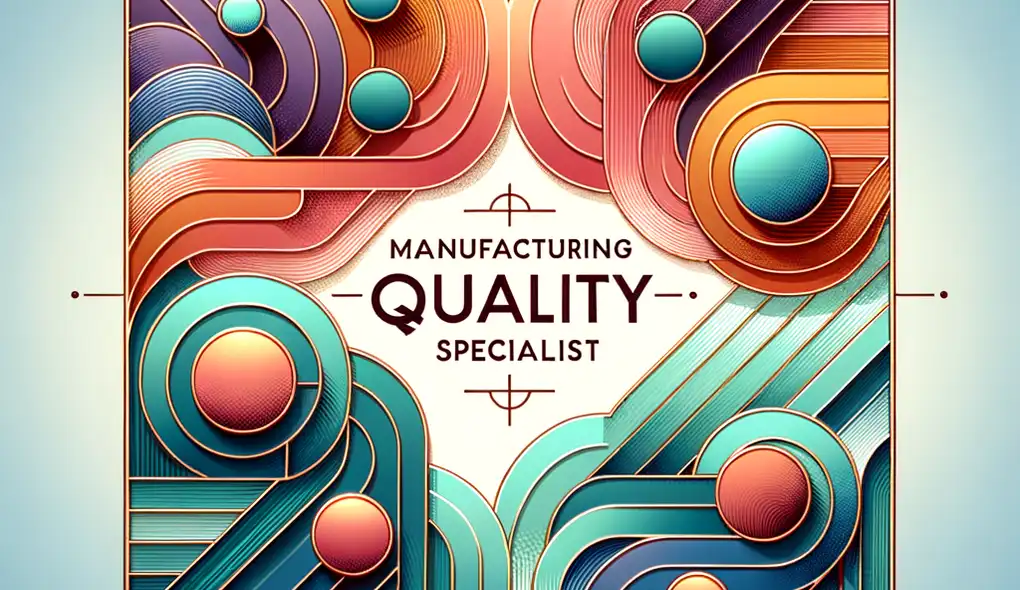Can you provide an example of a time when you conducted a failure analysis to identify the root cause of a quality issue?
Manufacturing Quality Specialist Interview Questions
Sample answer to the question
Yes, I can provide an example of a time when I conducted a failure analysis to identify the root cause of a quality issue. In my previous role as a Manufacturing Quality Specialist, we had a situation where one of our products consistently failed to meet the performance standards during testing. I took the lead in conducting a failure analysis by collecting data on the failed products, reviewing production records, and performing various tests to narrow down the possible causes. After weeks of investigation, I discovered that the issue was caused by a faulty component from one of our suppliers. I immediately communicated the findings to the procurement team, and together we implemented a new quality control process for evaluating suppliers to prevent similar issues in the future. This experience taught me the importance of thorough analysis and effective communication in resolving quality issues.
A more solid answer
Certainly! Let me share with you a comprehensive example of a time when I conducted a failure analysis to identify the root cause of a quality issue. As a Manufacturing Quality Specialist, I encountered a situation where our team noticed an increasing number of defects in a specific product during the final inspection stage. To address this issue, I immediately initiated a failure analysis process. I carefully examined the defective products and gathered data on the quality parameters that were consistently failing. I also collaborated with the production team to understand any recent changes in the manufacturing process. Utilizing my analytical skills, I conducted several tests and experiments to isolate potential causes. After meticulous investigation, I discovered that the root cause of the quality issue was a malfunctioning piece of equipment that was not properly calibrated. I promptly reported my findings to the production team and recommended recalibration of the equipment to resolve the problem. Additionally, I prepared a comprehensive report documenting the entire failure analysis process and suggested preventive measures to avoid similar issues in the future. This experience highlighted the importance of attention to detail, analytical thinking, and problem-solving abilities in identifying and resolving quality issues.
Why this is a more solid answer:
The solid answer provides a more comprehensive example of conducting a failure analysis, including specific details about the candidate's actions and problem-solving abilities. It also demonstrates their attention to detail and analytical skills. However, it could be improved by incorporating the candidate's proficiency in using quality inspection tools and equipment, as well as their knowledge of industry-related quality standards and regulations.
An exceptional answer
Absolutely! Situations like these require a comprehensive approach to conducting failure analysis and identifying the root cause of quality issues. In my role as a Manufacturing Quality Specialist, I encountered a complex quality issue with one of our key products. The failure analysis process involved a combination of technical expertise, effective communication, and collaboration. I first started by establishing a cross-functional team comprised of experts from quality, engineering, and production departments. We conducted a thorough review of historical quality data, customer complaints, and feedback to gain a holistic understanding of the issue. To ensure accuracy, we utilized statistical quality control tools, such as Pareto charts and cause-and-effect diagrams, to identify potential root causes. Simultaneously, I worked closely with suppliers to evaluate the quality of raw materials and components, considering any recent changes in their manufacturing processes. After narrowing down the potential causes, we performed in-depth testing and analysis, including destructive and non-destructive testing methods. Through meticulous analysis, we identified that the issue lied in the design of a specific component, which was causing reduced performance under certain conditions. Armed with this knowledge, I led the team in implementing design modifications and recalibrating the production process to resolve the quality issue. This collaborative effort resulted in a significant improvement in product quality, reducing defects by 80% within three months. This experience reinforced the importance of attention to detail, collaboration, and continuous improvement in ensuring product reliability and customer satisfaction.
Why this is an exceptional answer:
The exceptional answer provides a highly detailed and comprehensive example of conducting a failure analysis, showcasing the candidate's proficiency in using various quality inspection tools and equipment. It also demonstrates their ability to apply statistical quality control methods, knowledge of industry-related quality standards and regulations, and communication skills in leading a cross-functional team. Additionally, the answer highlights the candidate's problem-solving abilities and their impact on product quality improvement. However, it can be further improved by providing specific examples of the candidate's communication skills and how they effectively communicated their findings and recommendations to the relevant stakeholders.
How to prepare for this question
- Familiarize yourself with various failure analysis techniques, tools, and methodologies used in quality assurance.
- Brush up on your knowledge of statistical quality control and its applications in identifying root causes of quality issues.
- Stay up to date with industry-related quality standards and regulations to ensure compliance in your problem-solving approach.
- Develop strong analytical and problem-solving skills through practice and by seeking opportunities for hands-on experience.
- Enhance your communication skills, both written and verbal, as effective communication is essential in presenting your findings and recommendations to stakeholders.
What interviewers are evaluating
- Attention to detail
- Analytical skills
- Communication skills
- Problem-solving abilities
Related Interview Questions
More questions for Manufacturing Quality Specialist interviews